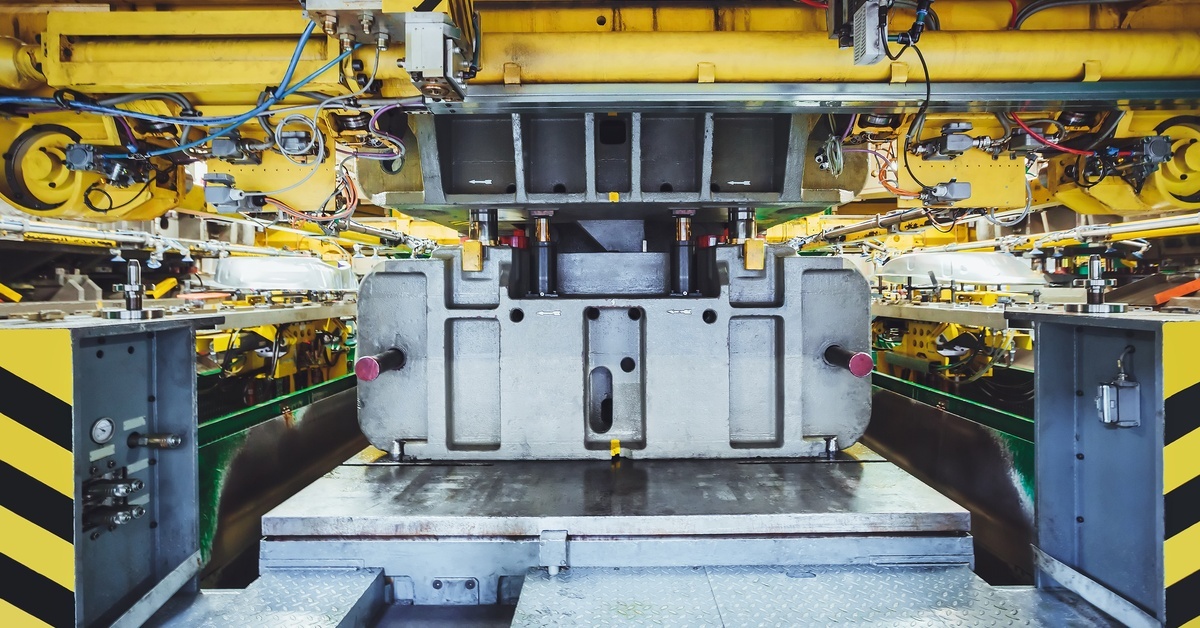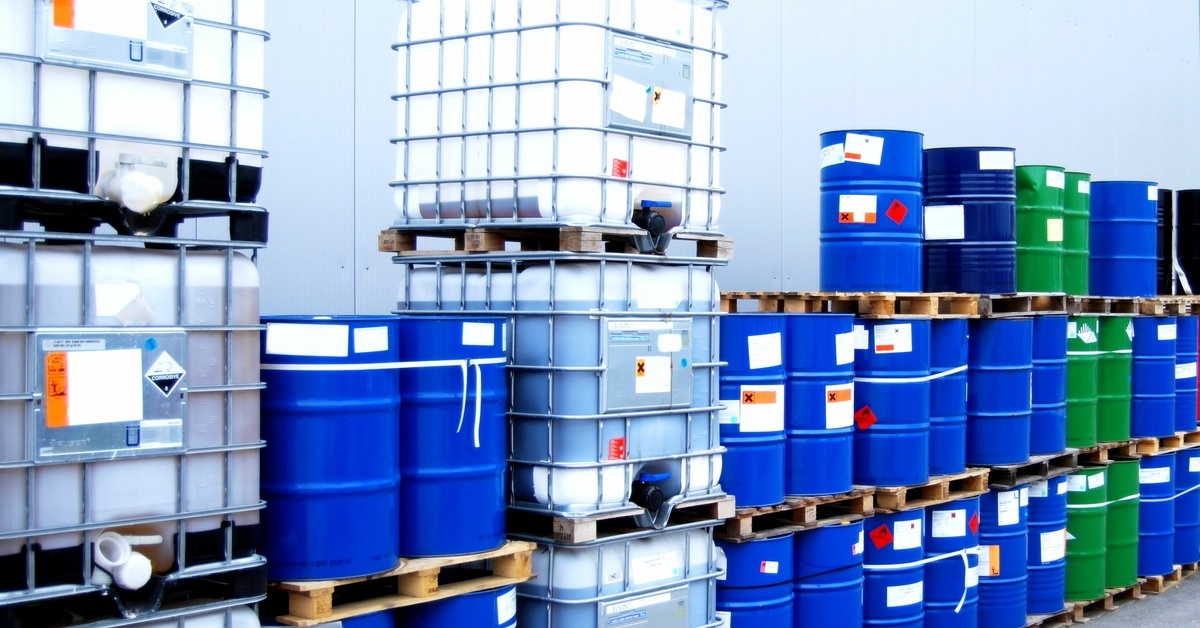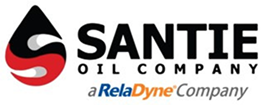Hydraulic systems are the lifeline of many industrial and mobile machinery applications. From construction equipment to manufacturing processes, many industries rely on hydraulic oil for consistent performance and efficiency. However, the importance of proper hydraulic oil maintenance for longevity and reliability is often overlooked, leading to reduced system reliability, increased wear and tear, and ultimately higher costs.
By understanding and implementing effective maintenance practices, operators can ensure that their hydraulic equipment performs reliably and lasts for years to come.
Hydraulic Oil’s Role in System Performance
Hydraulic oil acts as both a lubricant and a medium for power transmission. It reduces friction between moving parts, minimizes wear, and protects system components from excessive heat. Furthermore, it facilitates energy transfer within hydraulic systems, ensuring consistent force and motion. Neglecting the health of hydraulic oil can lead to contamination, reduced efficiency, and catastrophic system failure.
By inspecting oil quality and ensuring it meets operational standards, operators can identify potential issues early. Regular assessments help detect contaminants, oxidative degradation, or water infiltration that may compromise the oil’s performance and the overall system reliability. Skipping these regular evaluations can shorten equipment lifespan and lead to expensive repair costs.
Key Contaminants That Impact Hydraulic Oil
Hydraulic oil is highly sensitive to contamination, which can significantly affect its performance. The most common contaminants include dirt, water, and metal particles. Dirt and debris can enter the system through inadequate filtration or during routine maintenance. Water contamination, often caused by condensation, reduces the lubricating properties of hydraulic oil. Metal particles resulting from wear and tear can exacerbate damage to system components if not addressed promptly.
For example, consider a hydraulic press in a manufacturing facility that experiences a sudden drop in performance. Upon inspection, it might be discovered that the hydraulic oil is contaminated with water, likely due to condensation forming inside the reservoir during temperature fluctuations. This water contamination has caused the oil’s viscosity to decrease, resulting in inadequate lubrication of critical components.
Over time, the lack of proper lubrication results in accelerated wear on seals and valves, ultimately leading to downtime and increased maintenance expenses. This example underscores the importance of regular oil analysis and system checks in identifying and preventing contamination before it affects performance.

The Importance of Oil Filtration and Cleanliness
Filtration systems play a crucial role in maintaining the cleanliness of hydraulic oil. They remove particles and debris that may have entered the hydraulic system. Ensuring the filters are inspected and replaced as necessary is critical in preventing damage to system components. Operators should also monitor the cleanliness levels of hydraulic oil by ISO standards, which specify acceptable contamination levels for hydraulic systems.
Consider the previous example of a hydraulic press in a manufacturing facility. If the filtration system is not properly maintained, small metal particles from normal equipment wear can accumulate in the hydraulic oil. Over time, these particles can damage sensitive components such as pumps and valves, leading to costly repairs and downtime.
By regularly inspecting and replacing filters, as well as monitoring oil cleanliness, the risk of such issues can be significantly reduced, ensuring the system operates efficiently and reliably.
Signs of Hydraulic Oil Degradation
Over time, even the best hydraulic oil will degrade. Monitoring signs of degradation is essential for maintaining system health. Some indicators include irregular oil viscosity, a burnt smell, or discoloration. An increase in system operating temperature may also suggest compromised oil health. Addressing these warning signs promptly can prevent further damage.
A common example of hydraulic oil degradation can be observed in construction equipment, such as an excavator. If an excavator begins to operate sluggishly or experiences jerky movements, this could indicate degraded hydraulic oil.
Prolonged exposure to high temperatures may cause oil to oxidize, resulting in thickened viscosity and reduced lubricating efficiency. This degradation can lead to overheating and increased wear on critical components, such as pumps and valves. Regular oil analysis and timely replacement are crucial to avoid equipment downtime and expensive repairs.
Hydraulic Oil Additives
Oil additives enhance the performance and longevity of heavy equipment hydraulic oil. These chemical formulations enhance the oil’s lubricating properties, mitigate oxidation, and prevent corrosion.
High-quality hydraulic oils often contain additives specifically tailored to meet the demands of various operating conditions, thereby ensuring optimal system performance. Operators should select oil formulas that are compatible with their hydraulic systems to maximize reliability and prevent issues resulting from inadequate lubrication.
Proper Oil Storage and Handling Practices
Improper storage and handling practices can lead to contamination and degradation of hydraulic oil before it is even introduced to the system. Oil should always be stored in clean, sealed containers away from extreme temperatures and humidity.
During refilling or transfer processes, using clean tools and containers reduces the risk of introducing contaminants into the hydraulic system. Maintaining a strict inventory and adhering to the first-in, first-out principle ensures the use of fresh oil during replacements.

Oil Sampling and Analysis
Oil analysis is a proactive tool for understanding the health and performance of hydraulic oil. Routine oil sampling helps identify contaminants, degradation, and metals that impact the system. Working with a hydraulic oil supplier to establish a sampling schedule ensures consistency and provides valuable data trends. This information allows operators to make informed decisions about oil changes, system modifications, and required maintenance activities.
Best Practices for Oil Changes and System Flushes
Performing scheduled oil changes and system flushes is a critical aspect of hydraulic oil maintenance. Operators should replace the oil according to the manufacturer’s guidelines or when the oil analysis indicates it is necessary. During system flushes, old oil and contaminants are removed, ensuring the newly added oil starts in a clean environment. This practice minimizes the risk of contamination and maintains optimal system performance.
Combining Predictive Maintenance With Hydraulic Oil Care
Predictive maintenance technologies, including sensors and software, are becoming increasingly integrated into hydraulic systems. These technologies can monitor oil health parameters, such as temperature, viscosity, and particle count, in real time.
Combining predictive maintenance practices with proper hydraulic oil care enables the early detection of anomalies, thereby reducing downtime and extending equipment life. When paired, the two strategies create a robust maintenance plan for the system.
Cost Savings Enabled by Preventive Maintenance
Effective hydraulic oil maintenance reduces operational costs by minimizing system wear and preventing premature component failures. Addressing potential problems through preventive maintenance is far less expensive than dealing with major breakdowns. Prolonging the lifespan of both the oil and the equipment provides a significant return on investment in maintenance practices.
Hydraulic systems depend on reliable hydraulic oil to operate smoothly and efficiently. Adopting consistent oil maintenance routines ensures both the performance and longevity of equipment, preventing expensive replacements and downtime. While a hydraulic system’s demands may vary, one principle remains constant: taking care of the hydraulic oil protects the integrity of the entire system.
By adhering to these practices and staying vigilant about monitoring oil health, operators can maintain system reliability and achieve long-term success with their hydraulic equipment. Implementing these guidelines for hydraulic oil maintenance also builds confidence in system performance, knowing that the risk of unexpected failures has been significantly reduced.

